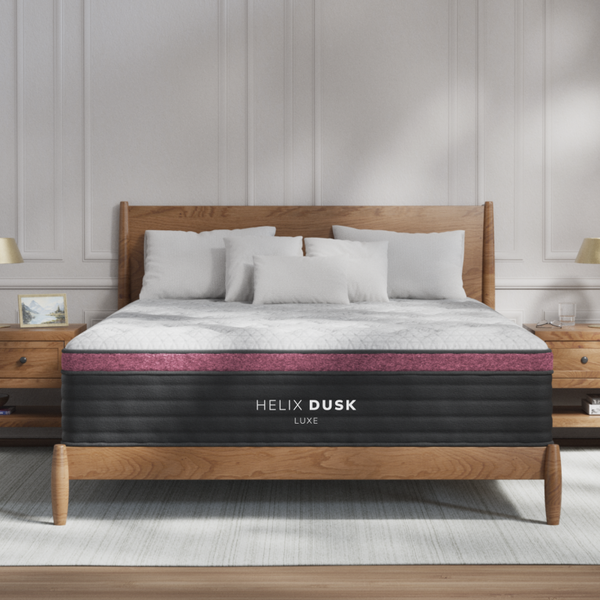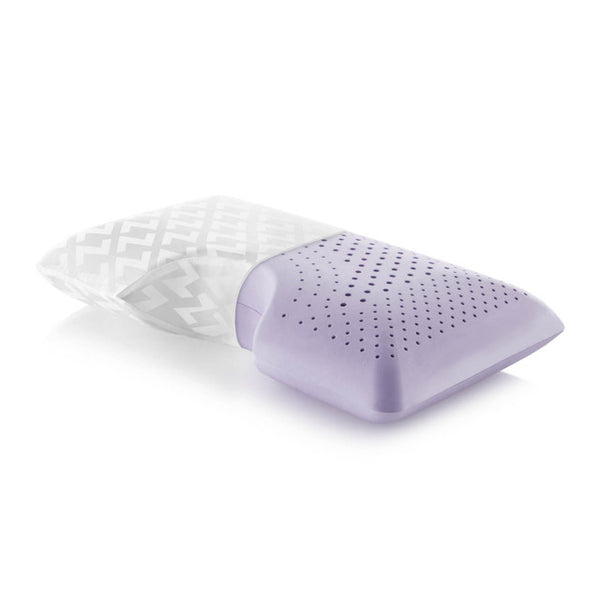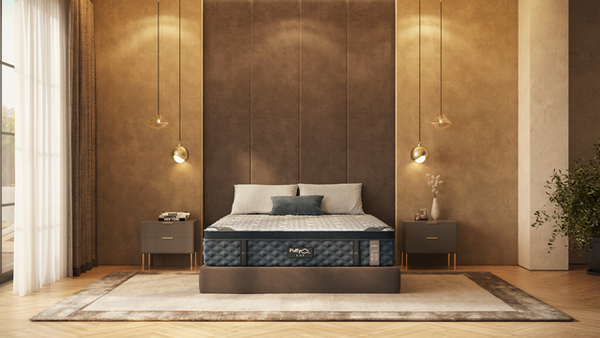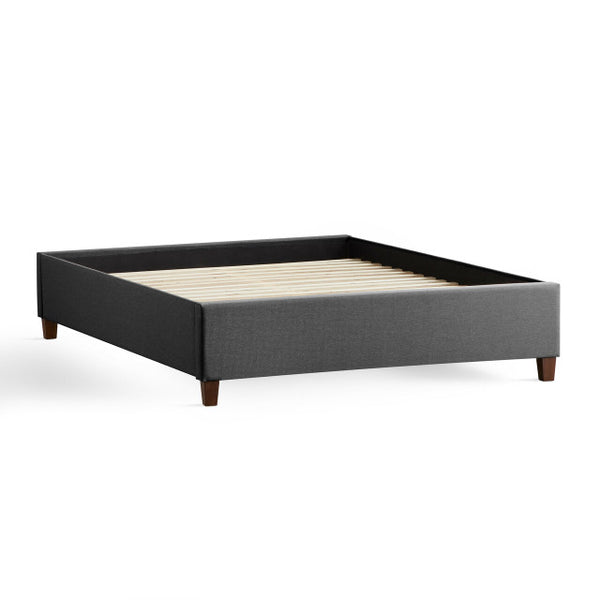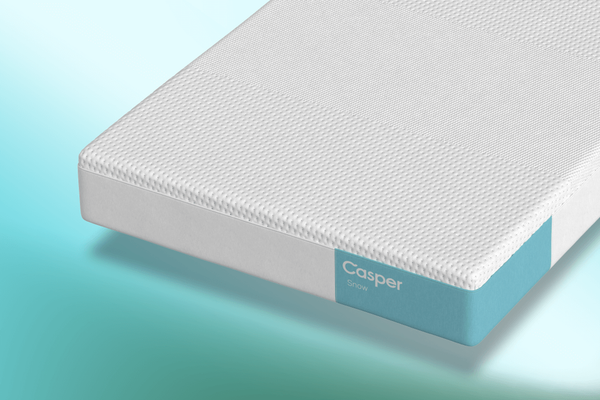
Sleep is an essential component of our overall health and well-being. Yet, for many people, achieving restful sleep is a daily struggle. Sleep disorders affect millions of individuals globally, often stemming from various lifestyle factors, health conditions, and even the very mattress we sleep on. In this guide, we’ll dive deep into the world of sleep disorders, explore their implications, and understand how to select the right mattress to enhance sleep quality. Let’s embark on this journey toward finding your perfect night’s sleep!
What Are Sleep Disorders?
Sleep disorders are medical conditions that disrupt your normal sleep patterns, creating barriers to achieving restful and restorative sleep. Recognizing these disorders is vital for those seeking improved sleep quality and general health. Here’s a look at some of the most common sleep disorders:
Insomnia
Insomnia is the most common sleep disorder, characterized by difficulty falling or staying asleep. Individuals suffering from insomnia often experience daytime fatigue, irritability, and difficulty concentrating. Treatment options range from lifestyle changes to cognitive behavioral therapy, and importantly, your mattress choice can also play a role in alleviating symptoms.
Sleep Apnea
Sleep apnea is a breathing disorder that occurs during sleep, leading to interruptions in breathing and ultimately disrupting sleep cycles. People with sleep apnea often snore loudly and may gasp for air while sleeping. A firmer mattress may help provide better support, potentially reducing some symptoms for those affected.
Restless Legs Syndrome (RLS)
This neurological disorder prompts an uncontrollable urge to move the legs, often accompanied by uncomfortable sensations. RLS usually worsens during periods of inactivity, particularly at night, making it challenging to fall asleep. A mattress that alleviates pressure points can provide the necessary support for those with RLS.
Parasomnias
Parasomnias are unusual behaviors during sleep, such as sleepwalking, night terrors, or acting out dreams. Although the relationship between mattresses and these disorders is less direct, ensuring a comfortable sleep environment can minimize disturbances.
Identifying the Symptoms of Sleep Disorders
Identifying sleep disorders can be complex. Symptoms often overlap, and individuals may not realize they have a problem. Common signs of sleep disorders include:
- Persistent tiredness during the day
- Difficulty falling asleep or waking up frequently during the night
- Snoring or gasping for air
- Inability to focus or concentrate
- Feeling irritable or moody
If you recognize these symptoms in yourself or a loved one, it may be time to seek professional advice. Understanding the underlying issues will guide you toward actionable solutions, including selecting the right mattress.
The Critical Role of a Quality Mattress in Sleep Quality
A quality mattress is foundational to achieving restful sleep. Sleepers spend roughly one-third of their lives in bed, making the comfort and support of their mattress paramount. Here are several key factors to consider when choosing the right mattress:
Support and Alignment
A mattress should provide adequate support to maintain proper spinal alignment. An unsupported spine can lead to discomfort and exacerbate various sleep disorders. Research shows that mattresses with proper support can significantly reduce instances of back pain and improve overall sleep quality. Memory foam, latex, or hybrid mattresses often deliver the balanced support that many need.
Comfort Level
Mattress comfort is subjective and varies from person to person. Some individuals prefer a soft mattress, while others may find a firmer feel more comfortable. Testing out different types and determining your preferred level of comfort is essential in selecting the ideal mattress. Comfort affects how quickly you can fall asleep and how restful your sleep will be.
Temperature Regulation
Temperature plays a crucial role in sleep quality. A mattress that retains heat can cause discomfort, especially for individuals experiencing conditions like insomnia or sleep apnea. Look for materials designed to promote air circulation or a cooling effect, as these can significantly enhance your ability to achieve restful sleep.
Motion Isolation
For couples, motion isolation becomes crucial. If your partner moves during the night, it can disturb your sleep. A mattress designed to absorb movement will lead to fewer disruptions and a more uninterrupted sleep experience.
Finding the Right Mattress for Your Sleep Disorder
Choosing the right mattress involves a thoughtful approach to your unique sleep needs and preferences, particularly if you have a sleep disorder. Consider these practical tips to find your perfect match:
Identify Your Sleep Position
Your preferred sleep position is vital in determining the type of mattress you need:
- Side Sleepers: Look for a softer mattress that provides ample cushioning for shoulders and hips.
- Back Sleepers: A medium-firm mattress helps maintain spinal alignment while providing comfort.
- Stomach Sleepers: A firmer mattress can prevent the hips from sinking, ensuring proper spinal alignment.
Take Your Time to Test Mattresses
When shopping for a mattress, take your time! Many stores offer trial periods, allowing you to test a mattress for an extended duration. This period will help you determine if the mattress addresses your sleep disorder effectively.
Consider Special Features
Look for mattresses designed with specific features that cater to sleep disorders. Whether it’s pressure relief, cooling technology, or different firmness options, these specialty mattresses can provide enhanced sleep experiences.
Consult Professionals
Sleep experts, healthcare providers, and physical therapists can provide personalized recommendations based on your unique sleep needs. Keep in mind that addressing the symptoms often goes beyond choosing the right mattress; it may include additional lifestyle changes and therapy options.
Wrapping Up Your Path to Better Sleep
Understanding sleep disorders and the importance of selecting the right mattress can significantly impact your sleep quality and overall health. Take the time to examine your sleep patterns, recognize symptoms of sleep disorders, and make a guided choice based on the comfort and support your body requires. By investing in a quality mattress tailored to your needs, you'll be taking a pivotal step towards achieving restorative sleep and waking up revitalized.
Your sleep is worth it – embrace the journey to peaceful nights and energized days! Remember, your well-being starts with a well-chosen mattress. Don't just sleep – thrive!

